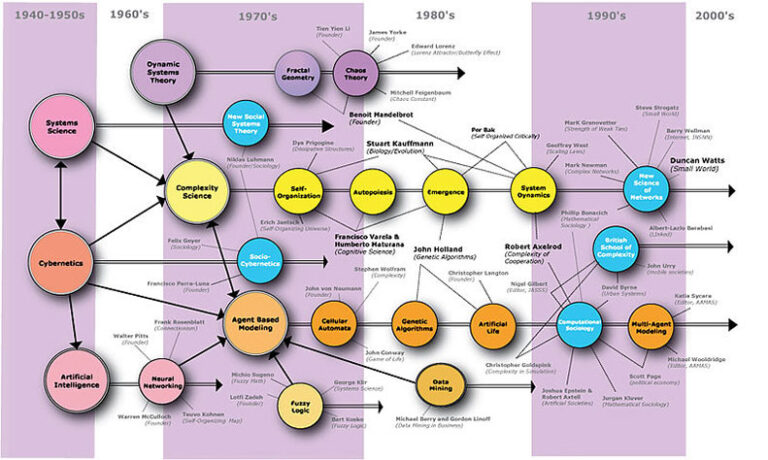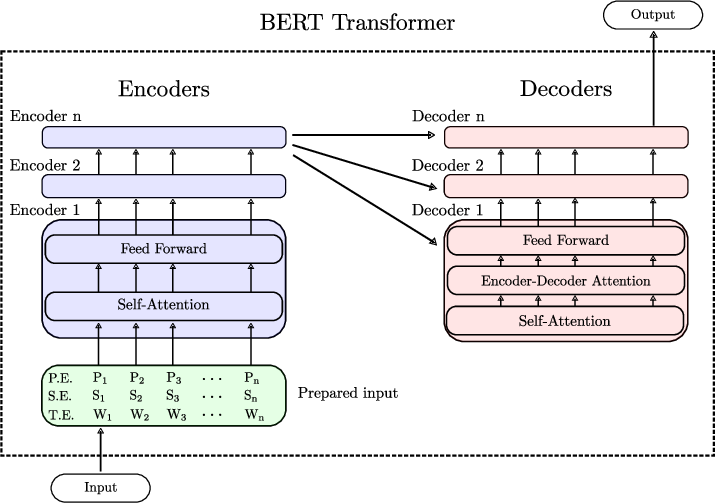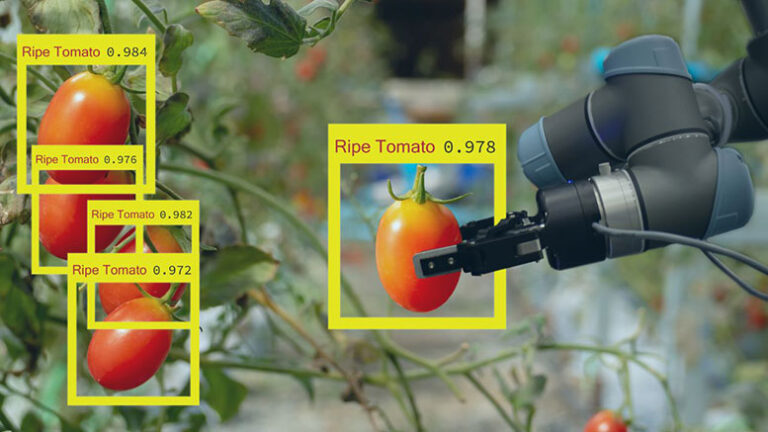Natural Language Generation (NLG)
What is Natural Language Generation (NLG)?
Natural Language Generation (NLG)
Natural Language Generation (NLG) is a branch of artificial intelligence that focuses on the automatic generation of natural language from structured data. This technology allows computers to process and interpret data and then produce human-like text as output. NLG has numerous applications across various industries, including e-commerce, healthcare, finance, and customer service.
Understanding NLG
NLG involves converting data into human-readable text. This process typically involves several steps, including data input, analysis, template selection, and text generation. NLG systems use algorithms and linguistic rules to generate text that is coherent, grammatically correct, and contextually appropriate. These systems can generate a wide range of text, from simple sentences to complex reports.
NLG can be used to create product descriptions, personalized emails, financial reports, weather forecasts, and much more. It can also be used to summarize large amounts of data, making it easier for users to understand and interpret complex information. NLG systems can generate text in multiple languages and styles, making them versatile and adaptable to various use cases.
Applications of NLG
NLG has a wide range of applications across different industries. In e-commerce, NLG can be used to generate product descriptions, reviews, and personalized recommendations for customers. By analyzing customer data and preferences, NLG systems can create targeted content that helps drive sales and improve customer engagement.
In healthcare, NLG can be used to generate patient reports, medical summaries, and treatment plans. By automatically generating these documents, healthcare professionals can save time and focus on providing quality care to patients. NLG can also be used to create educational materials for patients, helping them understand complex medical information in a clear and accessible way.
In finance, NLG can be used to generate financial reports, investment summaries, and market analysis. By analyzing market data and trends, NLG systems can provide valuable insights and recommendations to investors and financial professionals. NLG can also be used to create personalized financial advice for clients, helping them make informed decisions about their investments.
In customer service, NLG can be used to generate automated responses to customer inquiries, providing quick and accurate information to users. NLG systems can analyze customer data and interactions to create personalized responses that improve the overall customer experience. By using NLG, companies can streamline their customer service processes and provide better support to their customers.
Challenges and Future Trends
While NLG has made significant advancements in recent years, there are still challenges that need to be addressed. One of the main challenges is ensuring the accuracy and reliability of generated text. NLG systems must be able to produce text that is factually correct and free from errors, which can be challenging when dealing with large amounts of data and complex information.
Another challenge is ensuring the naturalness and coherence of generated text. NLG systems must be able to produce text that sounds human-like and is easy to understand. This can be difficult, especially when generating text in multiple languages or styles. Improving the naturalness and coherence of NLG systems is an ongoing area of research and development.
Despite these challenges, the future of NLG looks promising. Advancements in artificial intelligence and machine learning are helping to improve the accuracy and efficiency of NLG systems. As NLG technology continues to evolve, we can expect to see more applications in areas such as content creation, data visualization, and storytelling.
Conclusion
Natural Language Generation (NLG) is a powerful technology that has the potential to transform how we create and consume information. By automatically generating human-like text from structured data, NLG systems can help businesses improve their communication, decision-making, and customer engagement. As NLG technology continues to advance, we can expect to see more applications across various industries, making it an essential tool for the future of artificial intelligence.






